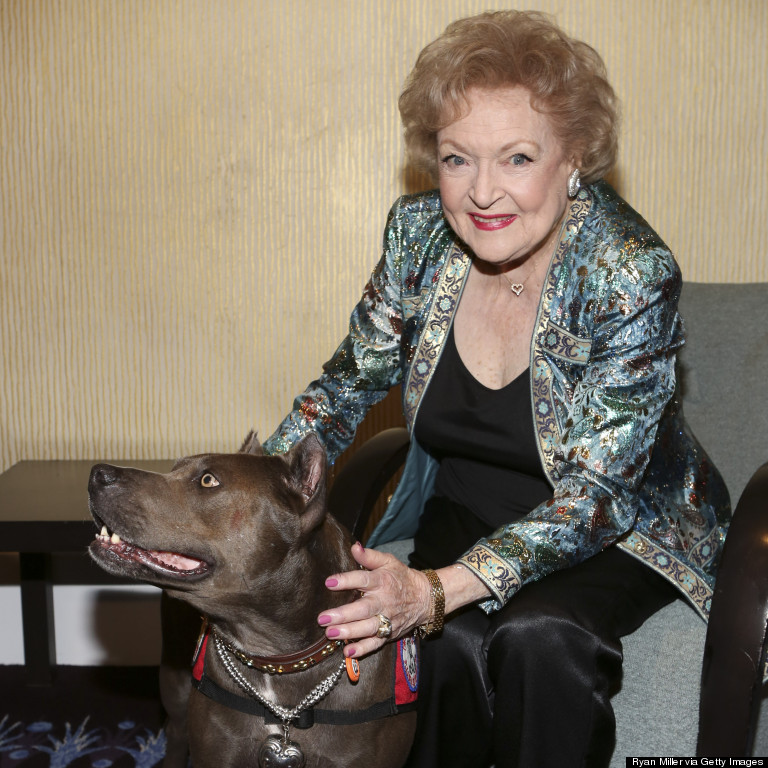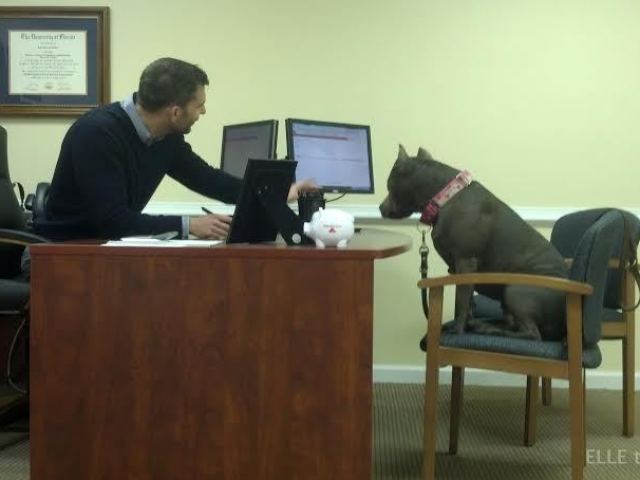New York organization helping animal lover provide better home for dogs
WYTHEVILLE, Va. — Eleven dogs that wandered Wythe County homeless and hungry found refuge when a man took it upon himself to love them and make them part of his family, but he needed help to make their lives better. Local supporters and a New York organization have come together to give the canines and the man who cares for them a better life.
The 11 dogs were living in a box, but that was all their owner, Michael Thomas, could afford to give them. Thomas has traumatic brain injury, but he cares a lot for his dogs and works hard to take care of them, said Robert Misseri, founder and president of Guardians of Rescue in Smithtown, N.Y.
A private investigator sent to check on the dogs’ situation learned that Thomas was doing the best he could for them, Misseri, who was in Wythe County, told the Bluefield Daily Telegraph.
“While Mr. Thomas is not the most ideal pet owner, he is not intentionally neglecting the animals; instead, he lacks the resources to provide them with more. If this was intentional neglect, we would have taken another approach.”
The makeshift plywood shelter Thomas built for his dogs was primitive, but no worse than his trailer lacking water and electricity, Misseri said. He works hard to make sure they have food and water.
“I won’t sit here and try to make excuses for the shelter he has had for them, but my argument is that he loves his dogs very much. They are his family. We spoke to locals, and they said he walks four-and-a-half miles just to pick up food and water for them,” Misseri said. “In his eyes, he’s doing to best he can. And now in our eyes, he’s doing the best he can for them.”
Besides protecting his dogs from the elements, Thomas also constructed their makeshift home to guard against coyotes, which are a problem in Wythe County, Misseri added. Thomas understands that he needs help with the dogs.
Guardians of Rescue and other volunteers have built a new, large doghouse to shelter the 11 canines. And after the Guardians have departed, the Wytheville-Bland Animal Welfare League will check on Thomas and the dogs regularly to provide them with assistance.
“They’re going to be our eyes and ears. We’ll provide the resources, but they’ll be local and be here all the time,” Misseri stated.
“He doesn’t have the money or the knowledge of better keeping, but through education, he’s going to be learning and the dogs are going to be better situated. They’ll be very happy in their new environment, and we’ll always make sure they get the veterinarian care that they need,” Misseri added. “He said he would not give up his pets for a million dollars, but he welcomed our help in providing a shelter for his dogs. If we walk away from these animals and not provide the shelter or the compassion they need, then we are equally as negligent.”
The Guardians of Rescue planned to have the new doghouse completed by Saturday. Based in New York, the organization’s mission is to protect the well being of animals. Its members provide aid to animals in distress, including facilitating foster programs, rehabilitation, assisting other rescue groups, and providing support to family, both military and not, who need assistance due to economic factors. The organization can be reached at www.guardiansofrescue.org.
The 11 dogs were living in a box, but that was all their owner, Michael Thomas, could afford to give them. Thomas has traumatic brain injury, but he cares a lot for his dogs and works hard to take care of them, said Robert Misseri, founder and president of Guardians of Rescue in Smithtown, N.Y.
A private investigator sent to check on the dogs’ situation learned that Thomas was doing the best he could for them, Misseri, who was in Wythe County, told the Bluefield Daily Telegraph.
“While Mr. Thomas is not the most ideal pet owner, he is not intentionally neglecting the animals; instead, he lacks the resources to provide them with more. If this was intentional neglect, we would have taken another approach.”
The makeshift plywood shelter Thomas built for his dogs was primitive, but no worse than his trailer lacking water and electricity, Misseri said. He works hard to make sure they have food and water.
“I won’t sit here and try to make excuses for the shelter he has had for them, but my argument is that he loves his dogs very much. They are his family. We spoke to locals, and they said he walks four-and-a-half miles just to pick up food and water for them,” Misseri said. “In his eyes, he’s doing to best he can. And now in our eyes, he’s doing the best he can for them.”
Besides protecting his dogs from the elements, Thomas also constructed their makeshift home to guard against coyotes, which are a problem in Wythe County, Misseri added. Thomas understands that he needs help with the dogs.
Guardians of Rescue and other volunteers have built a new, large doghouse to shelter the 11 canines. And after the Guardians have departed, the Wytheville-Bland Animal Welfare League will check on Thomas and the dogs regularly to provide them with assistance.
“They’re going to be our eyes and ears. We’ll provide the resources, but they’ll be local and be here all the time,” Misseri stated.
“He doesn’t have the money or the knowledge of better keeping, but through education, he’s going to be learning and the dogs are going to be better situated. They’ll be very happy in their new environment, and we’ll always make sure they get the veterinarian care that they need,” Misseri added. “He said he would not give up his pets for a million dollars, but he welcomed our help in providing a shelter for his dogs. If we walk away from these animals and not provide the shelter or the compassion they need, then we are equally as negligent.”
The Guardians of Rescue planned to have the new doghouse completed by Saturday. Based in New York, the organization’s mission is to protect the well being of animals. Its members provide aid to animals in distress, including facilitating foster programs, rehabilitation, assisting other rescue groups, and providing support to family, both military and not, who need assistance due to economic factors. The organization can be reached at www.guardiansofrescue.org.





